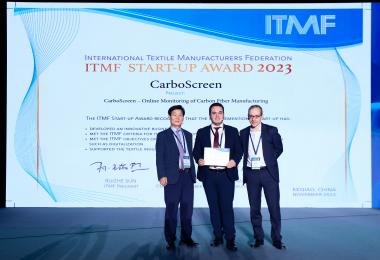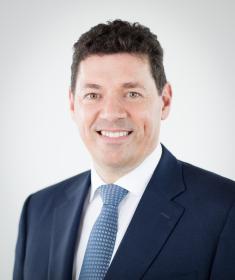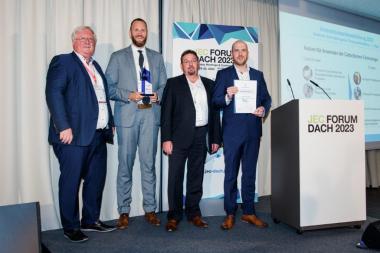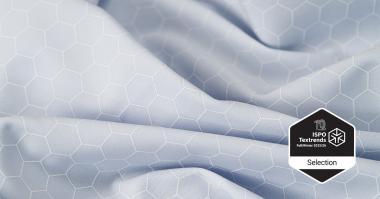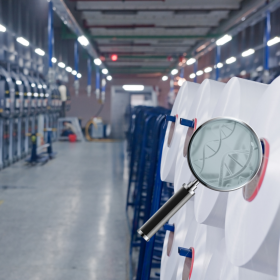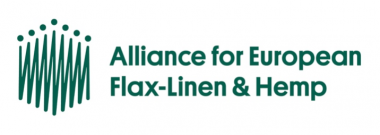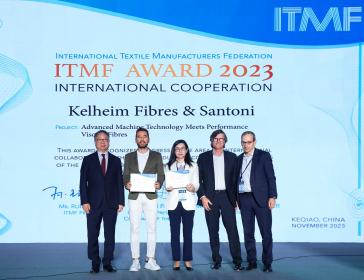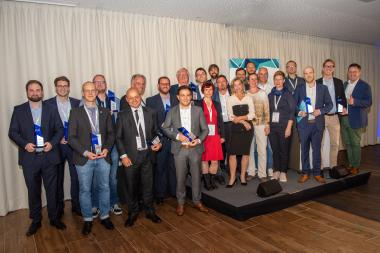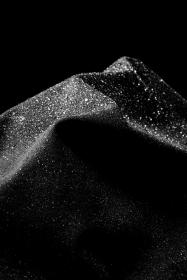Naia™ Renew receives Global Recycled Standard certification
Eastman Naia™ Renew cellulosic fiber received Global Recycled Standard (GRS) certification on December 13. This certifies Naia™ Renew recycled content, chain of custody, social and environmental practices, and chemical restrictions.
Textile Exchange, a global non-profit for sustainable change in the fashion and textile industry, manages the GRS certification process. Certification is achieved through an audit from independent third-party certifying body SCS Global Services and applies to the full supply chain and addresses traceability, environmental principles, social requirements, chemical content and labeling.
"We’re honored to add GRS certification to our list of Naia™ certifications that support our sustainability goals,” said Claudia de Witte, sustainability leader for Eastman textiles. “Third-party certifications help us build our brand trustworthiness. It’s our goal to make sustainable textiles available to all, and we do that by building trust with our customers and collaborators. This certification adds even more credibility to our fibers and our sustainability story, which we’re proud to share.”
In June 2023, Textile Exchange made an important announcement regarding its Alternative Volume Reconciliation (VR2) policy, which broadened the range of chemical recycling technologies eligible for mass balance. Notably, this expansion now encompasses gasification, the technical description of Eastman’s molecular recycling technology known as carbon renewal technology. Eastman collaborated with Textile Exchange and other stakeholders to educate the industry about the value and contribution of its molecular recycling technology. This policy update is critical for Eastman because it allows the company’s innovative material-to-material recycling technology to be audited for GRS certification.
Molecular recycling technologies at Eastman break waste down into its molecular building blocks allowing the materials to be used in new materials that are indistinguishable from non-recycled materials. By expanding the GRS to include gasification, the global standard now allows for a broader approach to making sustainable textiles accessible to everyone.
In recent years, the textiles industry has shifted toward circular materials to help tackle one of the largest challenges facing the planet: waste pollution, especially textile waste. Eastman molecular recycling is complementary to mechanical recycling and is a solution for hard-to-recycle waste material, including textiles, which are impacted by factors like fiber blends, chemicals and additives.
Naia™ Renew is produced from 60% sustainably sourced wood pulp and 40% GRS-certified* waste materials that would otherwise be destined for landfills through Eastman's patented molecular recycling technology. The certification verifies the processes of chemical recycling, concentrating, extrusion, and spinning of the undyed yarns and fibers.
Global Recycled Standard Naia™ Renew Eastman Chemical Company chemical recycling cellulosic fiber
Menabo











